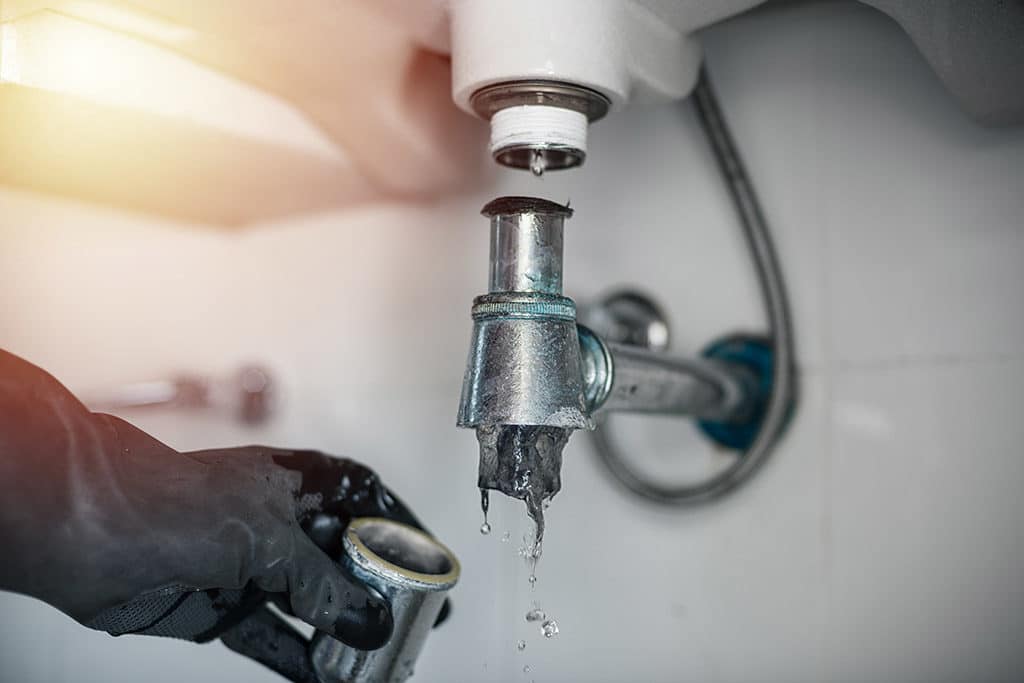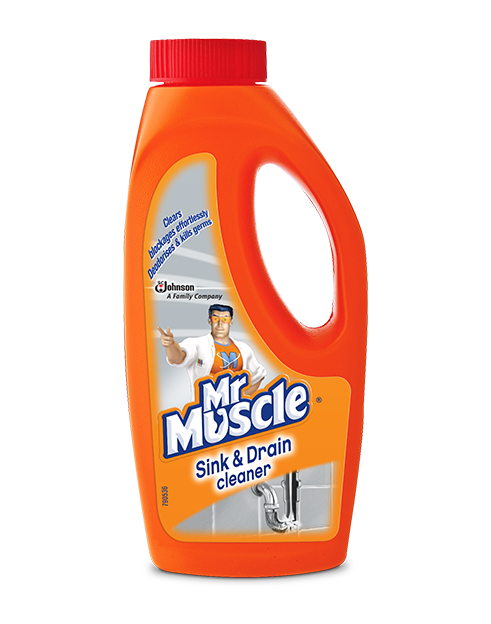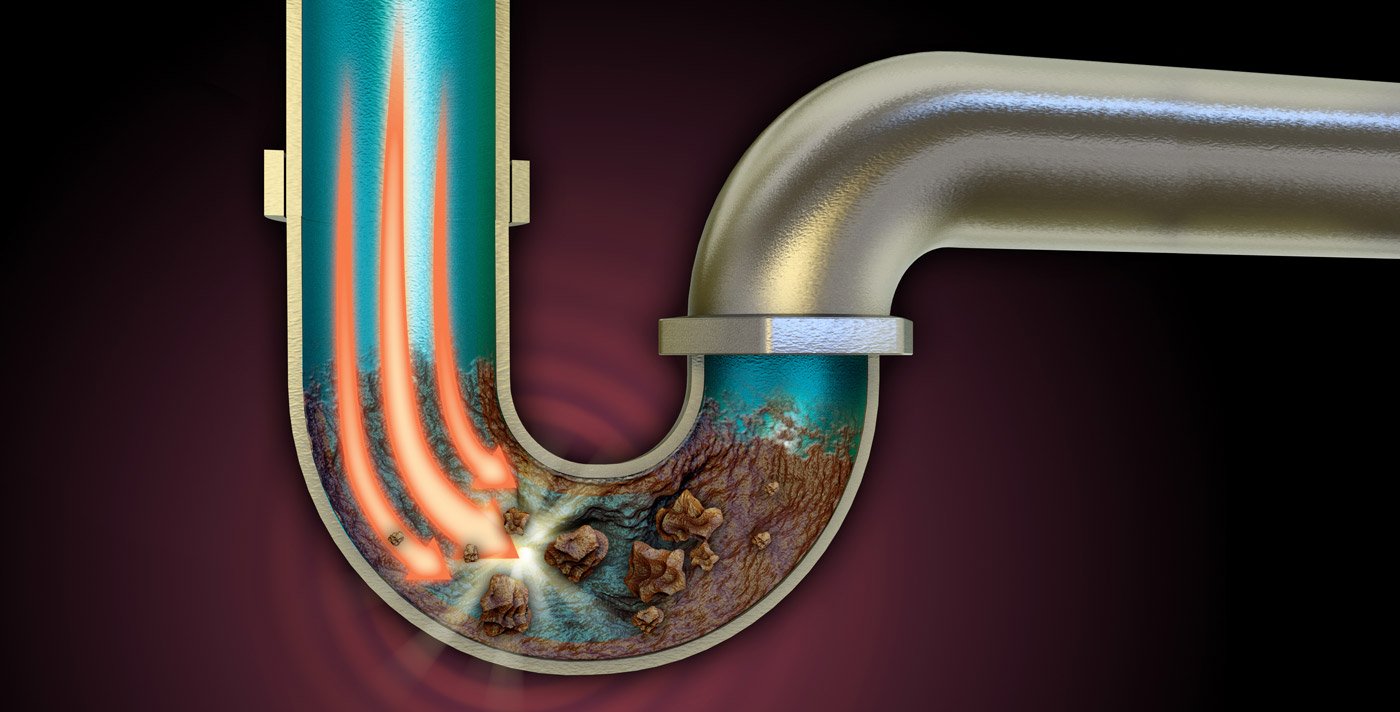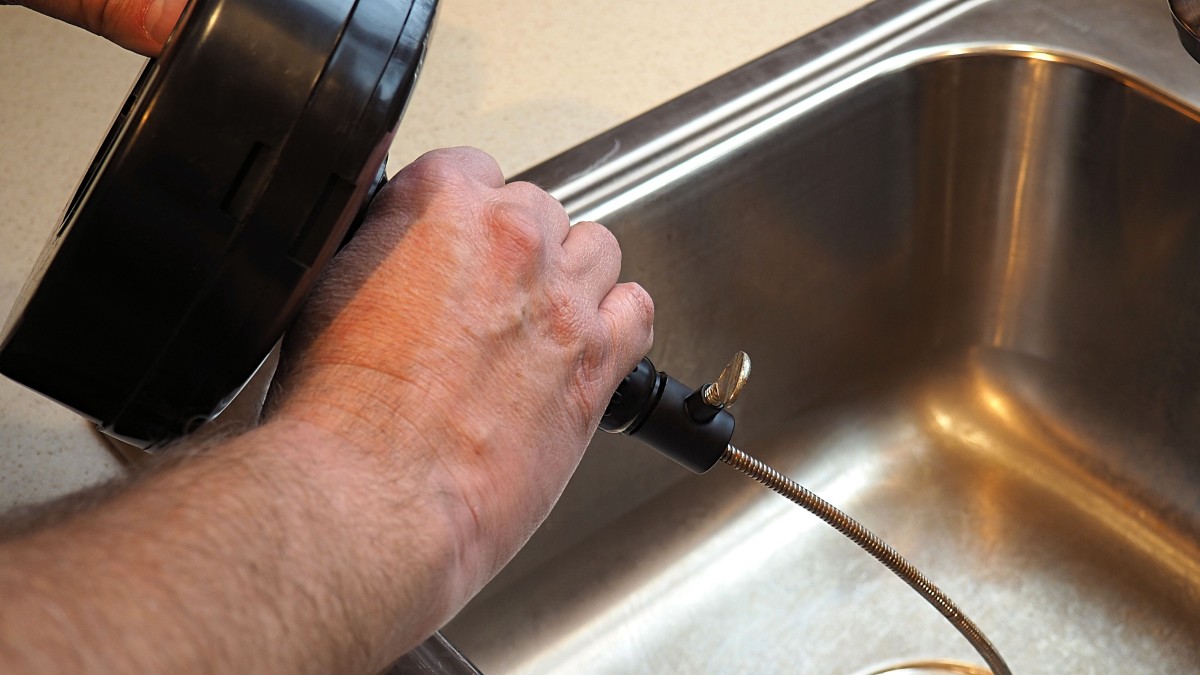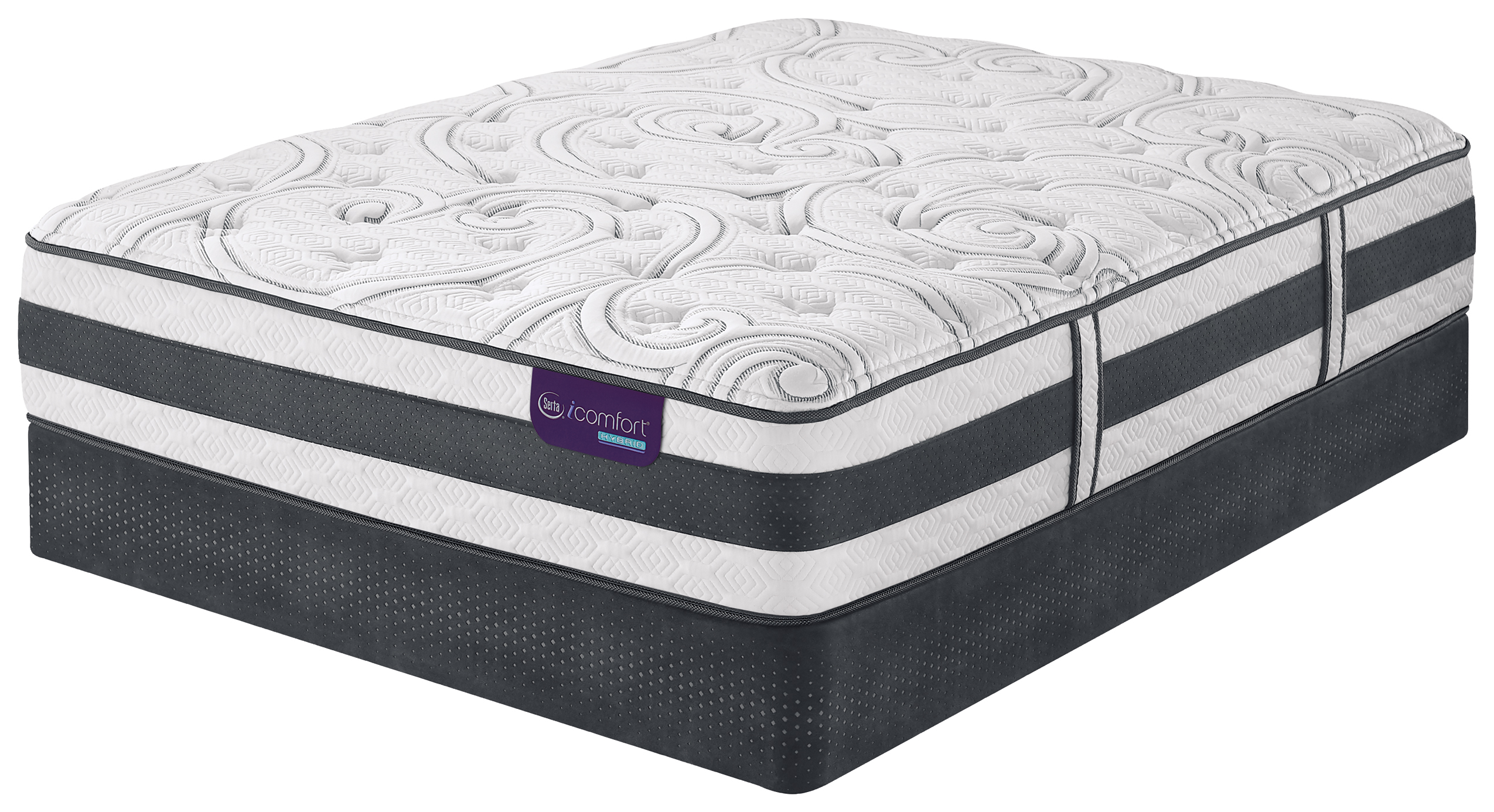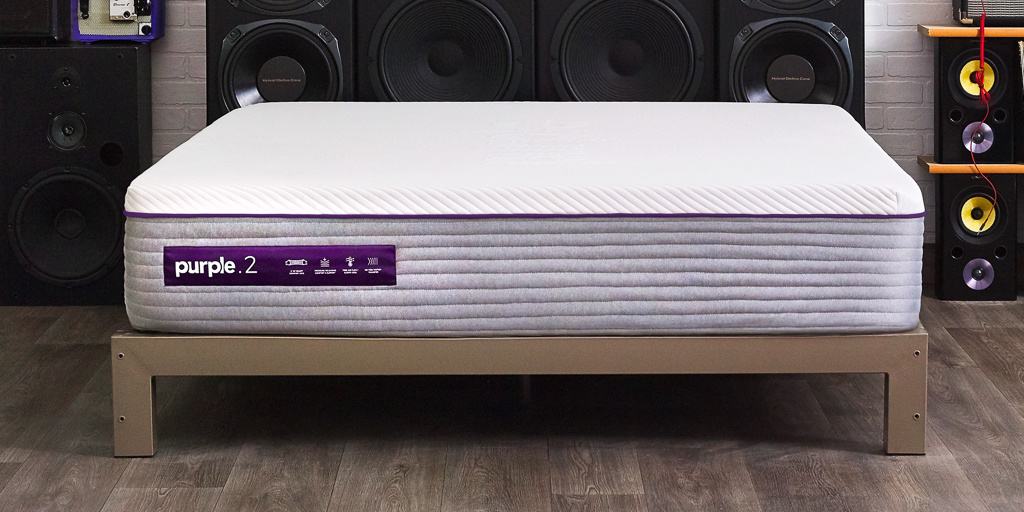Unclog a Kitchen Sink Drain
If you've ever experienced a clogged kitchen sink drain, you know how frustrating and inconvenient it can be. Not only does it slow down your daily kitchen tasks, but it can also lead to unpleasant odors and potential damage to your plumbing system. But fear not, there are several easy and effective ways to unclog your kitchen sink drain and get your sink back to working properly.
How to Unclog a Kitchen Sink Drain
Before you reach for harsh chemicals or call a plumber, try these DIY methods to unclog your kitchen sink drain:
Baking Soda and Vinegar: Start by pouring a pot of boiling water down the drain, followed by half a cup of baking soda. Let it sit for a few minutes, then pour a mixture of one cup of vinegar and one cup of hot water down the drain. Cover the drain with a plug or cloth and let it sit for 5-10 minutes. Finally, pour another pot of boiling water down the drain to flush it out.
Plunger: If the clog is near the surface, you can use a plunger to try and dislodge it. Make sure to cover any overflow openings with a cloth or tape to create a strong seal. Plunge up and down for a few minutes, then remove the plunger and run hot water to see if the clog has been cleared.
Wire Hanger: Straighten out a wire hanger and create a small hook at one end. Insert it into the drain and try to hook onto the clog. Pull it out and discard any debris, then run hot water to flush out the drain.
Kitchen Sink Drain Clog Remedy
If the DIY methods don't work, you can try using a commercial drain cleaner. However, be aware that these products can be harmful to your pipes and should only be used as a last resort. Make sure to follow the instructions carefully and use protective gear.
Enzyme Cleaners: These cleaners use natural enzymes to break down organic material, making them a safer and more environmentally friendly option.
Chemical Cleaners: These cleaners contain harsh chemicals that can dissolve clogs, but can also damage your pipes if used too frequently.
DIY Kitchen Sink Drain Clog Fix
If you prefer to use natural and non-toxic methods, there are several DIY recipes you can try to unclog your kitchen sink drain:
Salt and Baking Soda: Mix equal parts salt and baking soda and pour it down the drain. Let it sit for a few hours or overnight, then flush it out with hot water.
Boiling Water and Dish Soap: Pour a pot of boiling water down the drain, followed by a few tablespoons of dish soap. Let it sit for 10-15 minutes, then pour another pot of boiling water to flush it out.
Vinegar and Lemon: Cut a lemon into quarters and squeeze the juice down the drain. Pour half a cup of baking soda down the drain and follow it with half a cup of vinegar. Let it sit for 10-15 minutes, then flush it out with hot water.
Clearing a Clogged Kitchen Sink Drain
One of the best ways to prevent clogs in your kitchen sink drain is to be mindful of what goes down it. Avoid pouring oil, grease, and food scraps down the drain, and use a sink strainer to catch any debris. Regularly pouring boiling water down the drain can also help prevent buildup.
Kitchen Sink Drain Clog Prevention
Here are a few tips to prevent clogs in your kitchen sink drain:
Dispose of Grease Properly: Do not pour grease or oil down the drain. Instead, let it cool and dispose of it in the trash or save it for future use.
Use a Sink Strainer: A sink strainer can catch food scraps and prevent them from going down the drain.
Run Hot Water: Regularly pouring hot water down the drain can help prevent buildup of grease and other materials.
Tools for Unclogging a Kitchen Sink Drain
Having the right tools on hand can make the unclogging process easier and more effective:
Plunger: A plunger can be used to create suction and dislodge clogs near the surface.
Wire Hanger: Straightened out wire hangers can be used to reach and remove clogs from the drain.
Drain Snake: A drain snake, also known as a plumbing auger, is a long, flexible tool that can reach deep into the drain to remove clogs.
Kitchen Sink Drain Clog Causes
Knowing the common causes of kitchen sink drain clogs can help you prevent them in the future:
Food Scraps: Large food scraps, especially those that are not easily broken down, can cause clogs in the drain.
Grease and Oil: These substances can solidify and cause buildup in the drain, leading to clogs.
Detergent and Soap Scum: Over time, soap scum can build up in the drain and trap other materials, causing clogs.
Professional Kitchen Sink Drain Clog Removal
If DIY methods and commercial cleaners are not effective, it may be time to call a professional plumber. They have the tools and expertise to remove even the most stubborn clogs and can also inspect your plumbing system for any potential issues.
Kitchen Sink Drain Clog Maintenance Tips
To keep your kitchen sink drain clog-free, here are some maintenance tips to follow:
Regularly Clean Your Drain: Use a mixture of hot water and dish soap to clean your drain once a week.
Flush with Boiling Water: Pour boiling water down the drain once a week to help prevent any buildup.
Use a Garbage Disposal Properly: If you have a garbage disposal, make sure to use it properly and avoid putting large food scraps down the drain.
Now that you know how to unclog a kitchen sink drain and prevent future clogs, you can keep your sink working properly and avoid any inconvenience or potential damage to your plumbing system. Remember to always use caution and avoid harsh chemicals when attempting to unclog your drain, and if all else fails, call a professional for assistance.
Why Your Kitchen Sink Drain is Clogged and How to Fix It

The Importance of a Functional Kitchen Sink Drain
 A clogged kitchen sink drain can be a major inconvenience for any homeowner. Not only does it disrupt your daily routine, but it can also lead to more serious plumbing issues if left untreated. A functional kitchen sink drain is essential for a clean and hygienic kitchen, allowing you to wash dishes, food, and other kitchen items without any hassle. However, over time, your kitchen sink drain can become clogged due to a buildup of food particles, grease, and other debris. In this article, we will discuss the common causes of a clogged kitchen sink drain and provide tips on how to fix it.
A clogged kitchen sink drain can be a major inconvenience for any homeowner. Not only does it disrupt your daily routine, but it can also lead to more serious plumbing issues if left untreated. A functional kitchen sink drain is essential for a clean and hygienic kitchen, allowing you to wash dishes, food, and other kitchen items without any hassle. However, over time, your kitchen sink drain can become clogged due to a buildup of food particles, grease, and other debris. In this article, we will discuss the common causes of a clogged kitchen sink drain and provide tips on how to fix it.
What Causes a Clogged Kitchen Sink Drain?
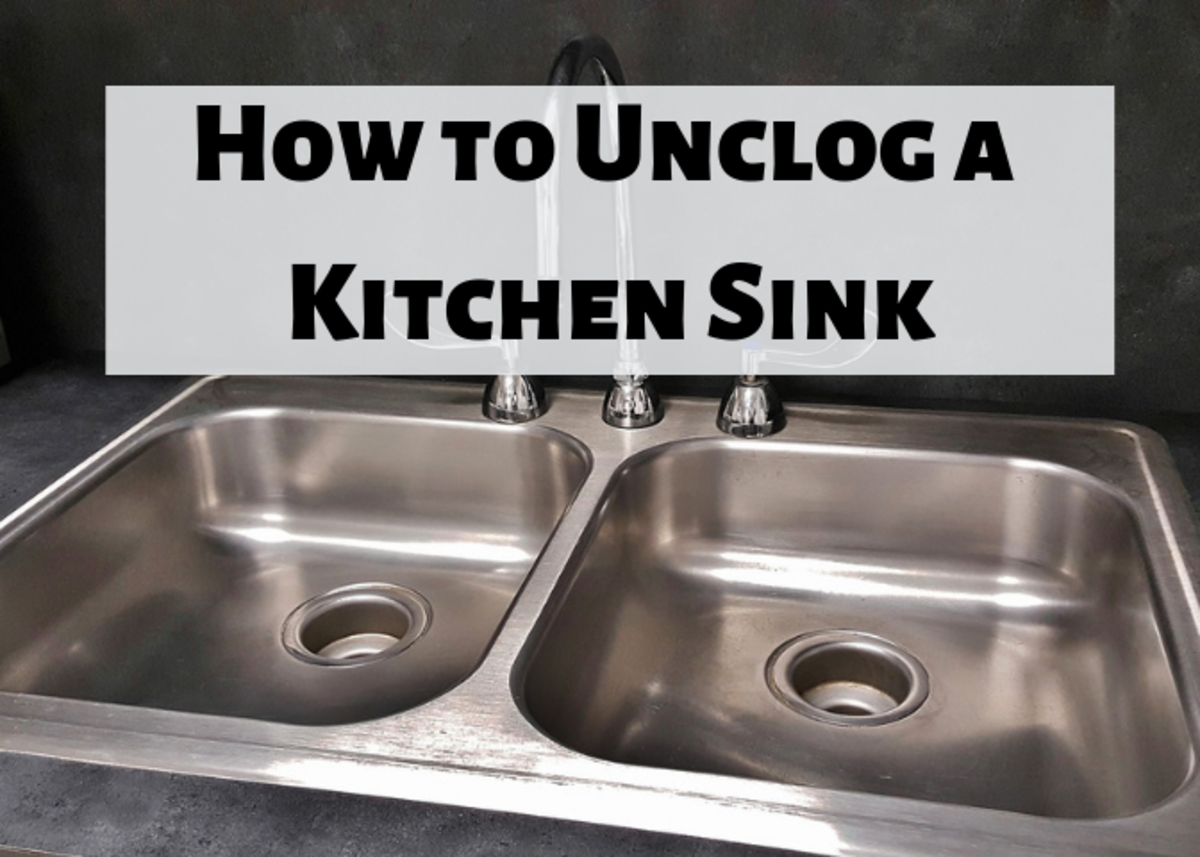 There are several reasons why your kitchen sink drain may become clogged. One of the most common causes is the buildup of food particles and grease. When you wash dishes or prepare food in the sink, small particles of food and oil can easily get washed down the drain and accumulate over time. This can create a sticky and stubborn clog that can be difficult to remove. Another reason for a clogged kitchen sink drain is the lack of proper maintenance. Regularly cleaning and maintaining your drain can prevent clogs from forming and ensure that your sink functions properly.
There are several reasons why your kitchen sink drain may become clogged. One of the most common causes is the buildup of food particles and grease. When you wash dishes or prepare food in the sink, small particles of food and oil can easily get washed down the drain and accumulate over time. This can create a sticky and stubborn clog that can be difficult to remove. Another reason for a clogged kitchen sink drain is the lack of proper maintenance. Regularly cleaning and maintaining your drain can prevent clogs from forming and ensure that your sink functions properly.
How to Fix a Clogged Kitchen Sink Drain
 If you notice that your kitchen sink drain is not draining as quickly as it used to, it's time to take action. One of the first things you can do is try using a plunger to unclog the drain. This simple tool can often do the trick and dislodge any debris that is causing the clog. If that doesn't work, you can try using a homemade solution of hot water, baking soda, and vinegar to break down the clog. Pour a cup of baking soda down the drain, followed by a cup of hot water and a cup of vinegar. Let it sit for a few minutes before flushing it out with hot water.
If these DIY methods don't work, it's best to call a professional plumber. They have the necessary tools and expertise to unclog your kitchen sink drain safely and effectively. They can also inspect your pipes and identify any potential issues that may cause future clogs.
In conclusion,
a clogged kitchen sink drain is a common problem that can be easily prevented and fixed with proper maintenance. Regularly cleaning your drain and being mindful of what goes down it can save you from the hassle and expense of dealing with a clogged drain. If the clog persists, don't hesitate to seek professional help. Remember, a functional kitchen sink drain is essential for a clean and functional kitchen.
If you notice that your kitchen sink drain is not draining as quickly as it used to, it's time to take action. One of the first things you can do is try using a plunger to unclog the drain. This simple tool can often do the trick and dislodge any debris that is causing the clog. If that doesn't work, you can try using a homemade solution of hot water, baking soda, and vinegar to break down the clog. Pour a cup of baking soda down the drain, followed by a cup of hot water and a cup of vinegar. Let it sit for a few minutes before flushing it out with hot water.
If these DIY methods don't work, it's best to call a professional plumber. They have the necessary tools and expertise to unclog your kitchen sink drain safely and effectively. They can also inspect your pipes and identify any potential issues that may cause future clogs.
In conclusion,
a clogged kitchen sink drain is a common problem that can be easily prevented and fixed with proper maintenance. Regularly cleaning your drain and being mindful of what goes down it can save you from the hassle and expense of dealing with a clogged drain. If the clog persists, don't hesitate to seek professional help. Remember, a functional kitchen sink drain is essential for a clean and functional kitchen.




:max_bytes(150000):strip_icc()/freshen-and-unclog-drain-with-baking-soda-1900466-22-bbf940b70afa4d5abef0c54da23b1d3f.jpg)





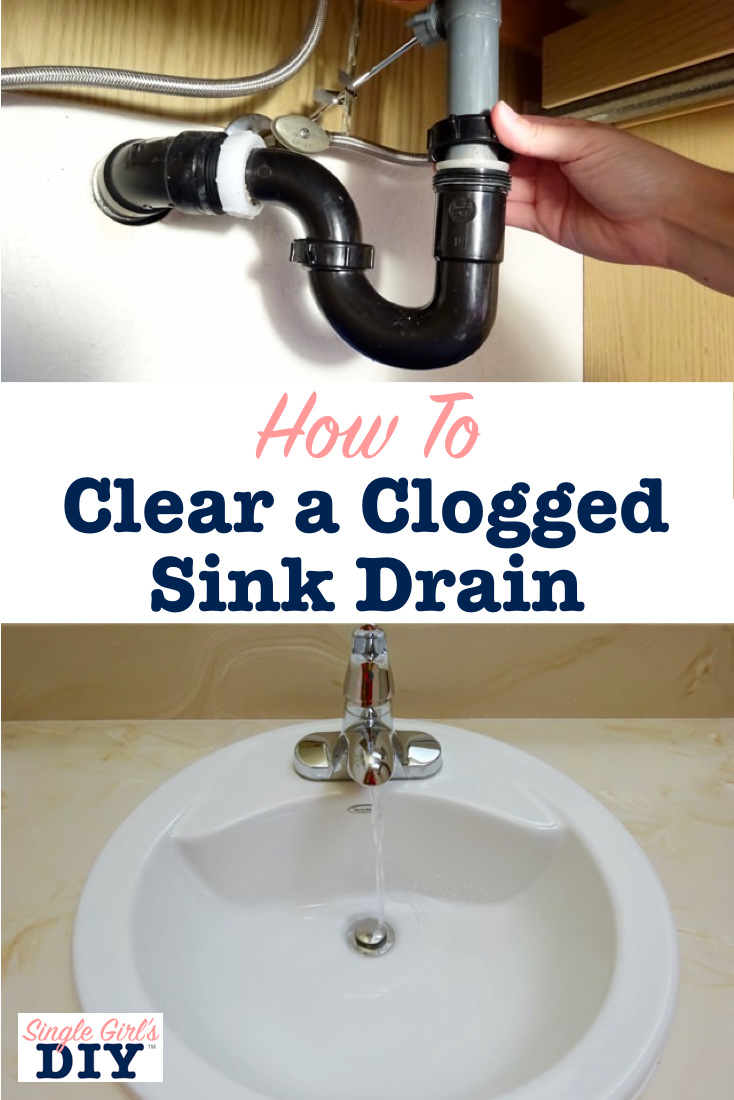
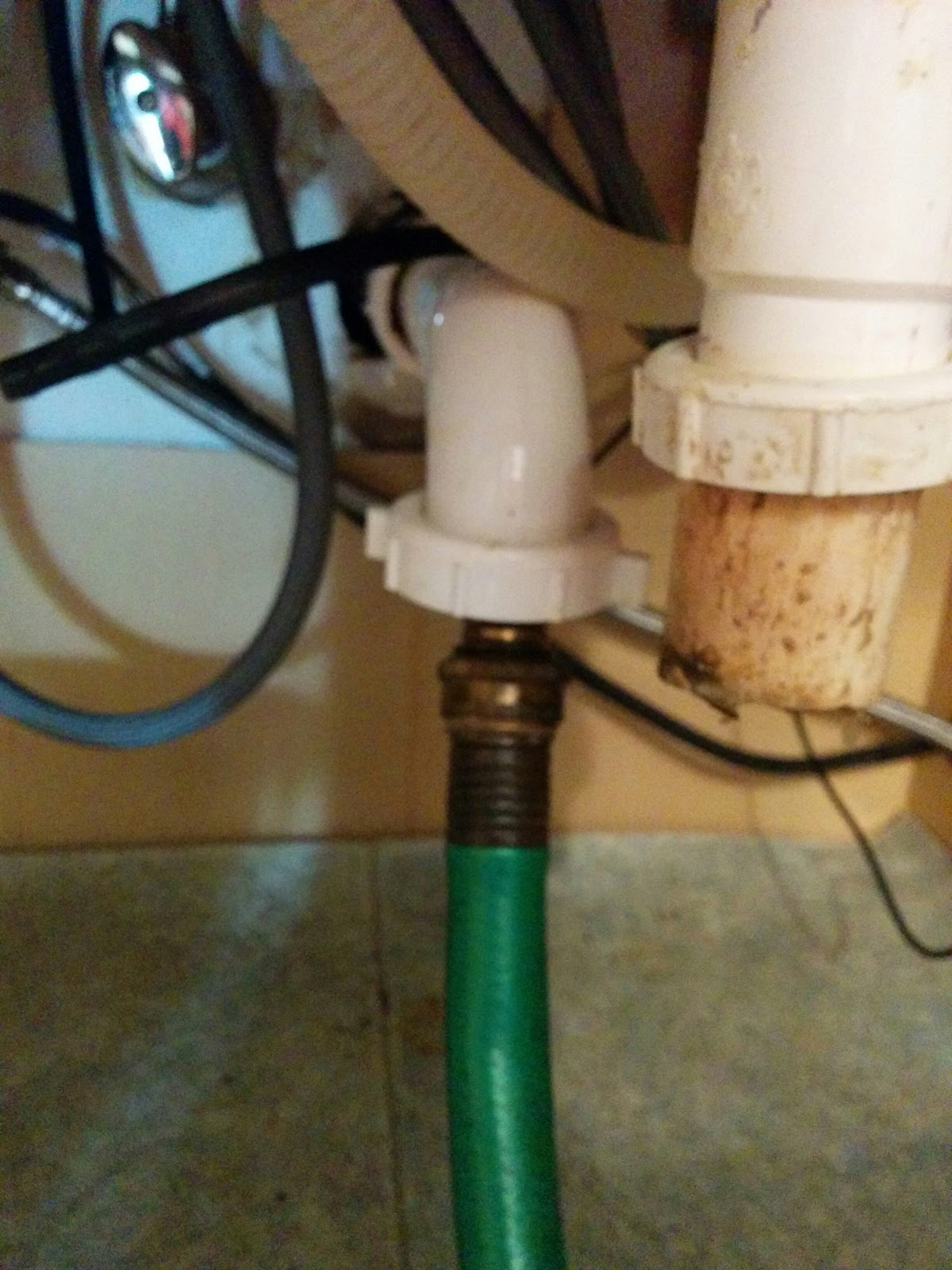


/how-to-unclog-a-kitchen-sink-2718799_sketch_FINAL-8c5caa805a69493ab22dfb537c72a1b7.png)





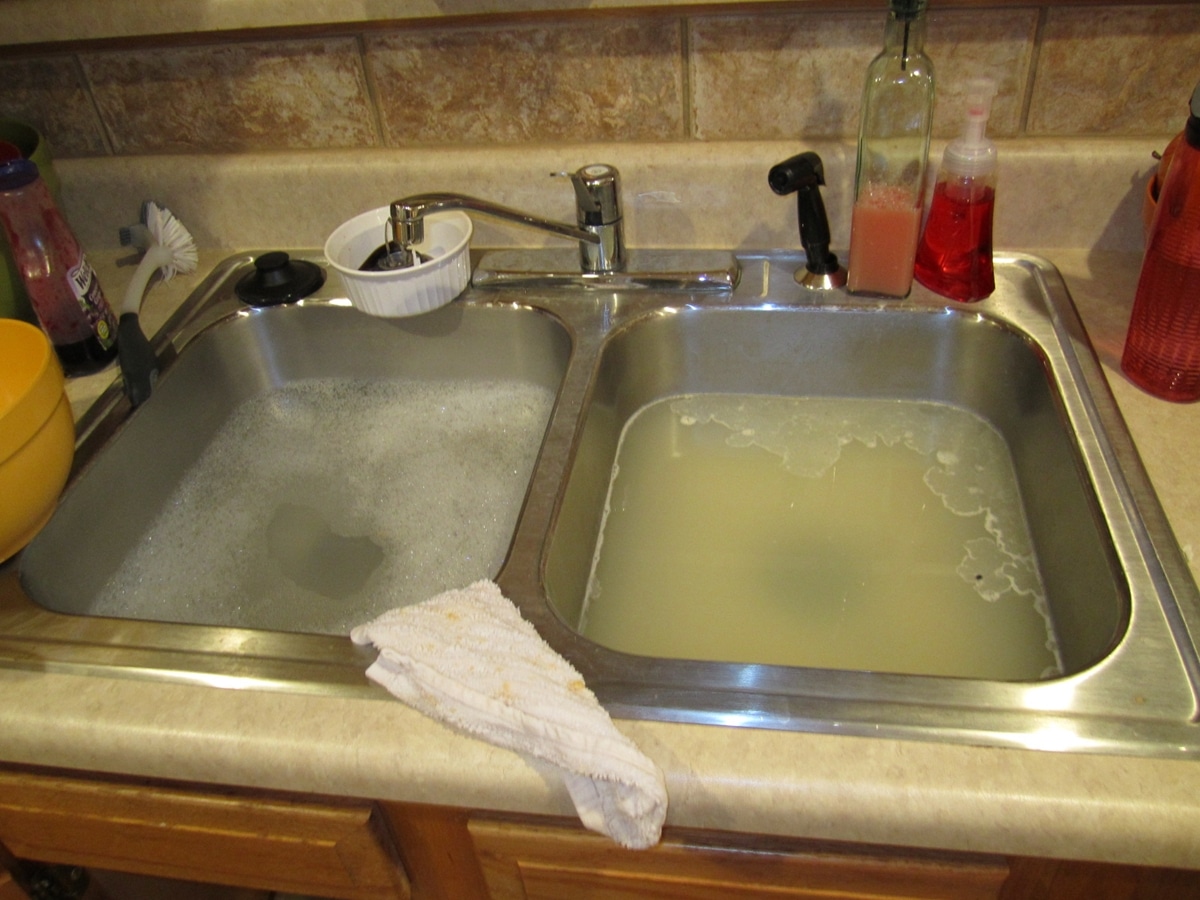










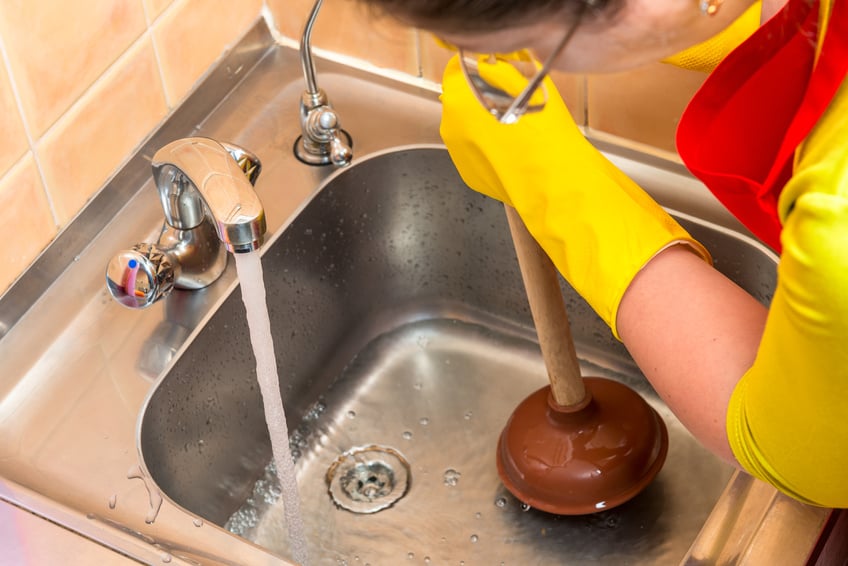
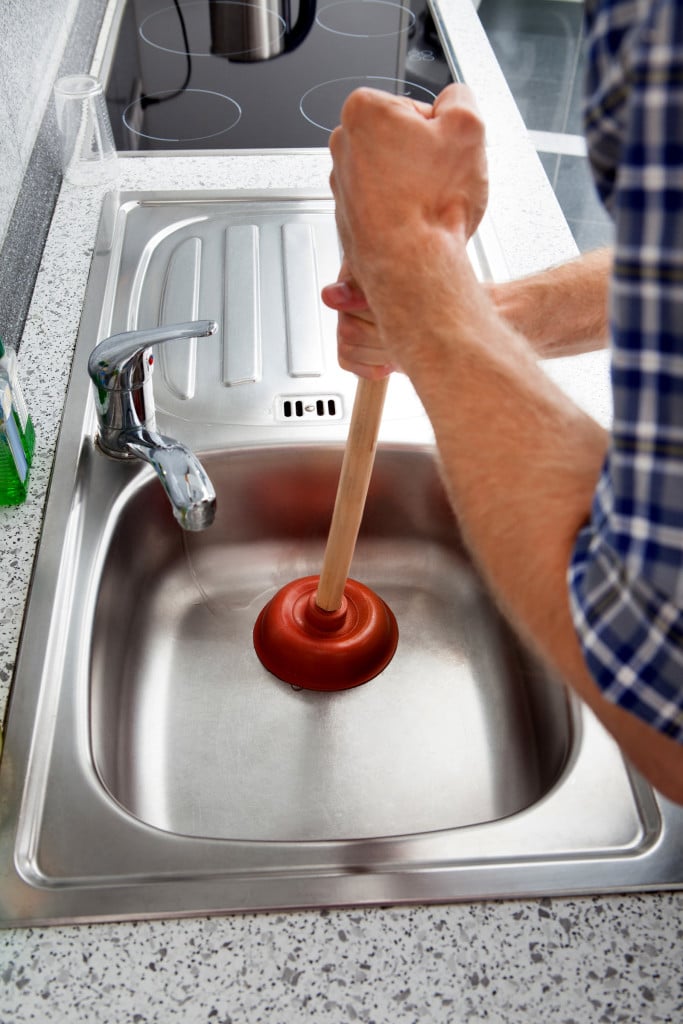

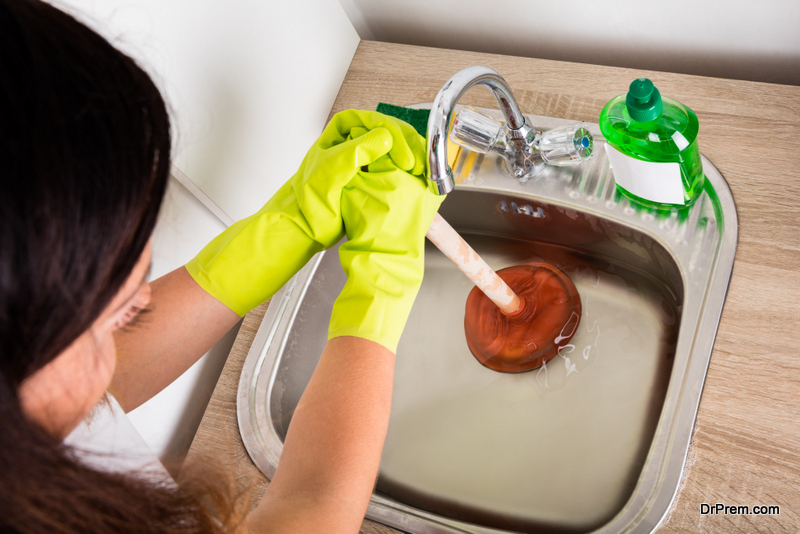
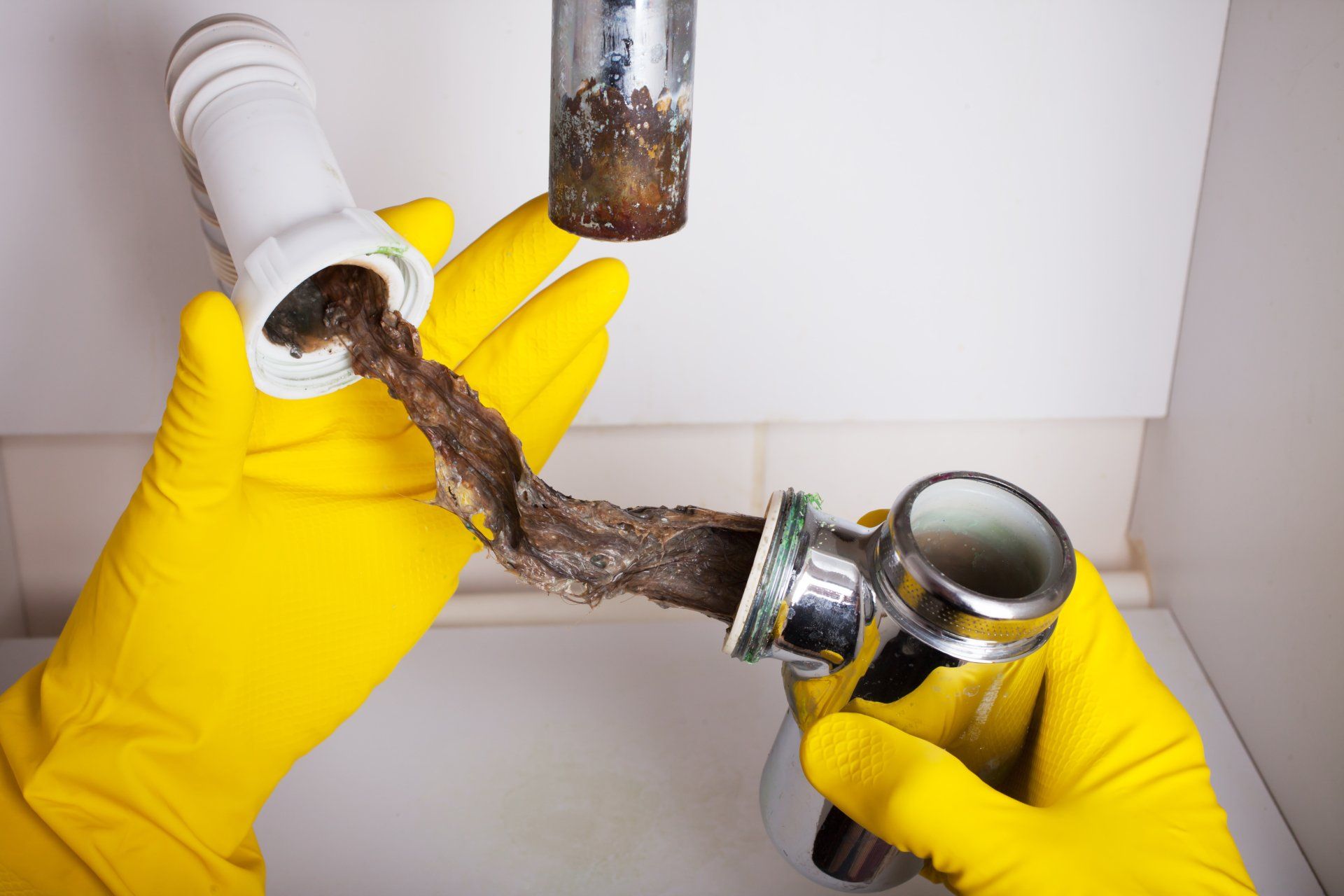

:max_bytes(150000):strip_icc()/freshen-and-unclog-drain-with-baking-soda-1900466-22-bbf940b70afa4d5abef0c54da23b1d3f.jpg)

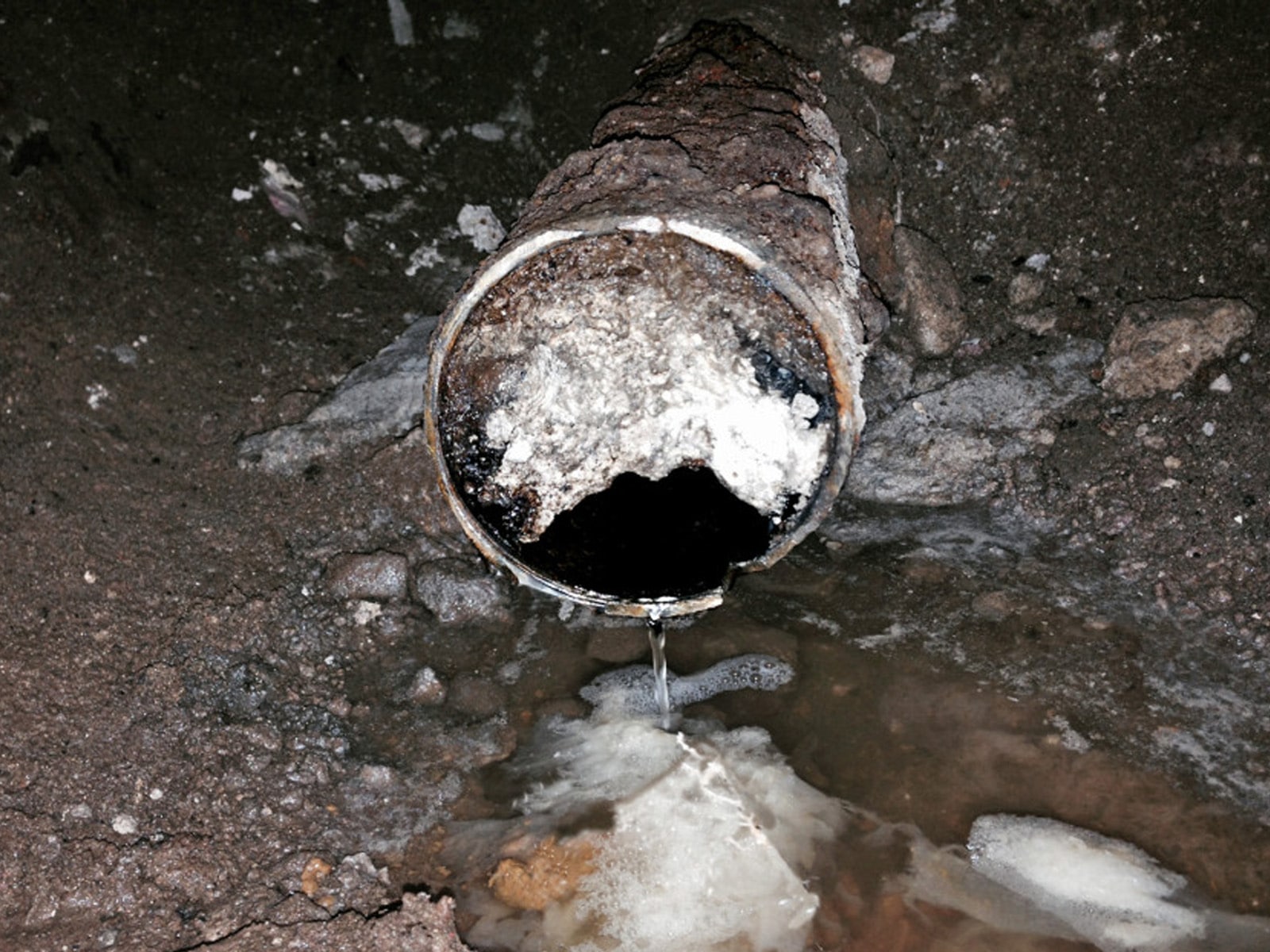





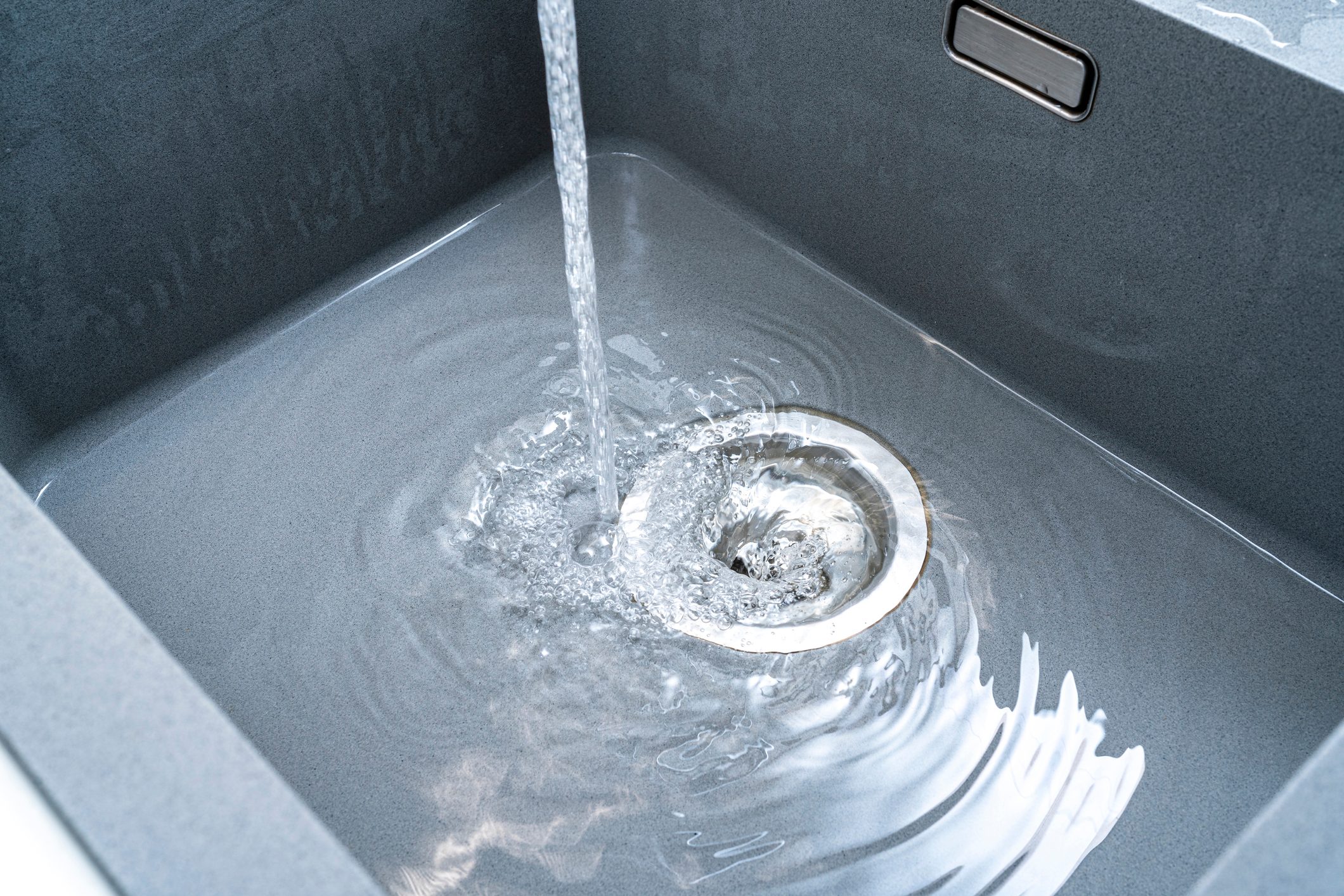
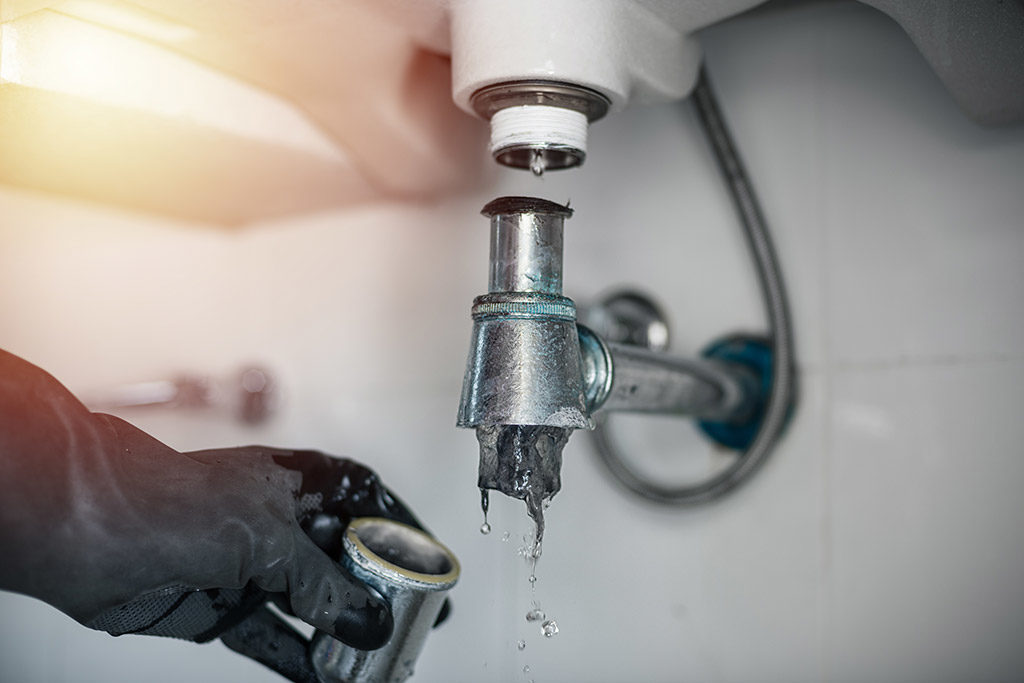









:max_bytes(150000):strip_icc()/freshen-and-unclog-drain-with-baking-soda-1900466-17-20179d73b7a2455797ebc6a5f5bf7479.jpg)


:max_bytes(150000):strip_icc()/signs-of-a-sewer-drain-clog-2718943_FINAL-7306dab348804135897b63a4411cdfdf.png)

